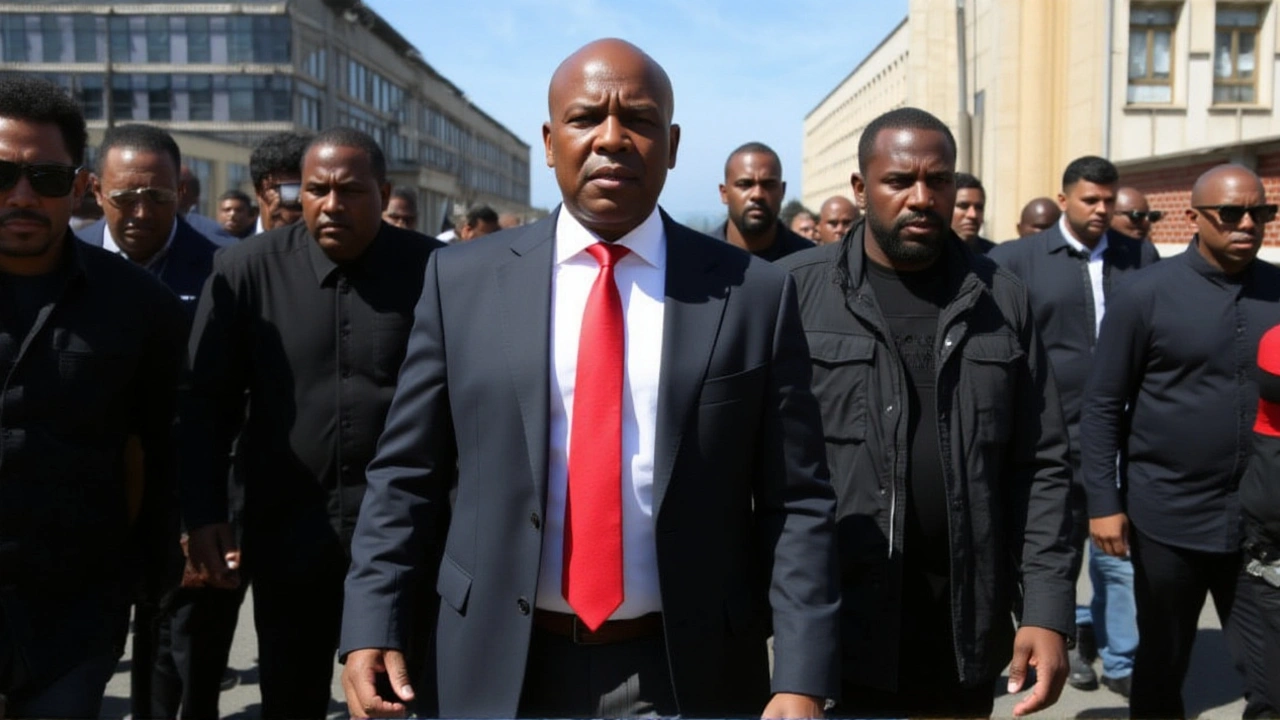Parliamentary Ban: What It Means and Why It Matters
When a parliamentary ban is a formal restriction passed by a national parliament that stops or limits a specific activity, law, or policy. Also known as legislative ban, it often reflects deep political debates. A legislation refers to the written statutes that the parliament drafts, debates, and finally enacts provides the legal backbone for any ban, while the parliament is the elected assembly that debates, amends, and votes on proposed statutes acts as the arena where opinions clash and consensus forms. The government implements the decisions of parliament and ensures that the ban is enforced through executive agencies translates the written rule into on‑the‑ground action. In short, a parliamentary ban requires legislation, is debated in parliament, and is carried out by the government, creating a clear chain from idea to enforcement.
Why do governments choose to impose bans through parliament rather than executive orders? The answer lies in the need for legitimacy and durability. A parliamentary ban carries the weight of democratic consent, making it harder to reverse without a new vote. This legitimacy is crucial when the ban touches sensitive areas like social grant adjustments, as seen when South Africa’s SASSA raised old‑age pensions while keeping the SRD grant steady – a move that needed clear parliamentary backing to avoid legal challenges. Similarly, the Petroleum and Natural Gas Senior Staff Association of Nigeria (PENGASSAN) pushed for stricter local‑content rules, demanding that any new hiring restrictions be codified in law rather than left to ministerial whims. By embedding the restriction in legislation, policymakers ensure that the rule survives changes in administration and provides a stable framework for enforcement agencies.
Enforcement mechanisms are the next piece of the puzzle. Once a ban is on the books, ministries and regulatory bodies develop detailed guidelines, penalties, and monitoring systems. For instance, when parliament voted to limit expatriate hires in Nigeria’s oil sector, the Nigerian Content Development and Monitoring Board was tasked with issuing work permits and tracking compliance. In contrast, when a parliamentary ban targets public health, such as limiting certain chemicals in consumer products, the health ministry creates inspection schedules and fines for violators. These enforcement steps illustrate the semantic triple: legislation creates enforcement mechanisms, government agencies apply those mechanisms, and parliamentary oversight checks their effectiveness. The result is a feedback loop where the parliament can amend or lift bans based on real‑world outcomes, keeping the policy responsive and grounded.
Key Areas Affected by Parliamentary Bans
Across Africa, parliamentary bans shape everything from sports events to cultural festivals, from economic policies to security measures. You’ll find discussions about bans on certain broadcasting content, restrictions on foreign labor, and even temporary bans on public gatherings during health crises. Below, the collection of articles showcases how different sectors react when a ban is introduced – whether it’s a sudden halt to a football derby because of fan violence, a ban on specific import goods that drives a shift in local manufacturing, or a legislative move that adjusts social grants to protect vulnerable households. By scrolling through the list, you’ll see real examples of how a parliamentary ban moves from the drafting table to everyday impact, offering insight into the political calculus behind each decision.

Julius Malema convicted, faces 15‑year prison term and parliamentary ban
Oct 3, 2025 / 18 Comments
Julius Malema, EFF leader, was convicted on Oct 1 2025 of firearm offenses, faces a minimum 15‑year term and an automatic parliamentary ban under South Africa’s Constitution.
READ MORERECENT POSTS
- England vs Pakistan: Live Updates on the Thrilling 2nd T20I at Edgbaston
- Donald Trump Convicted on All 34 Allegations of Business Records Fraud in Manhattan Court
- Missouri Referee's Viral TikTok from High School Football Game Captivates Internet
- Barcelona Eyeing Hansi Flick as Potential Xavi Successor: A Major Shift in Club Management
- Messi Draws Massive Crowd but Goes Goalless as Inter Miami and Chicago Fire Set New MLS Attendance Record
